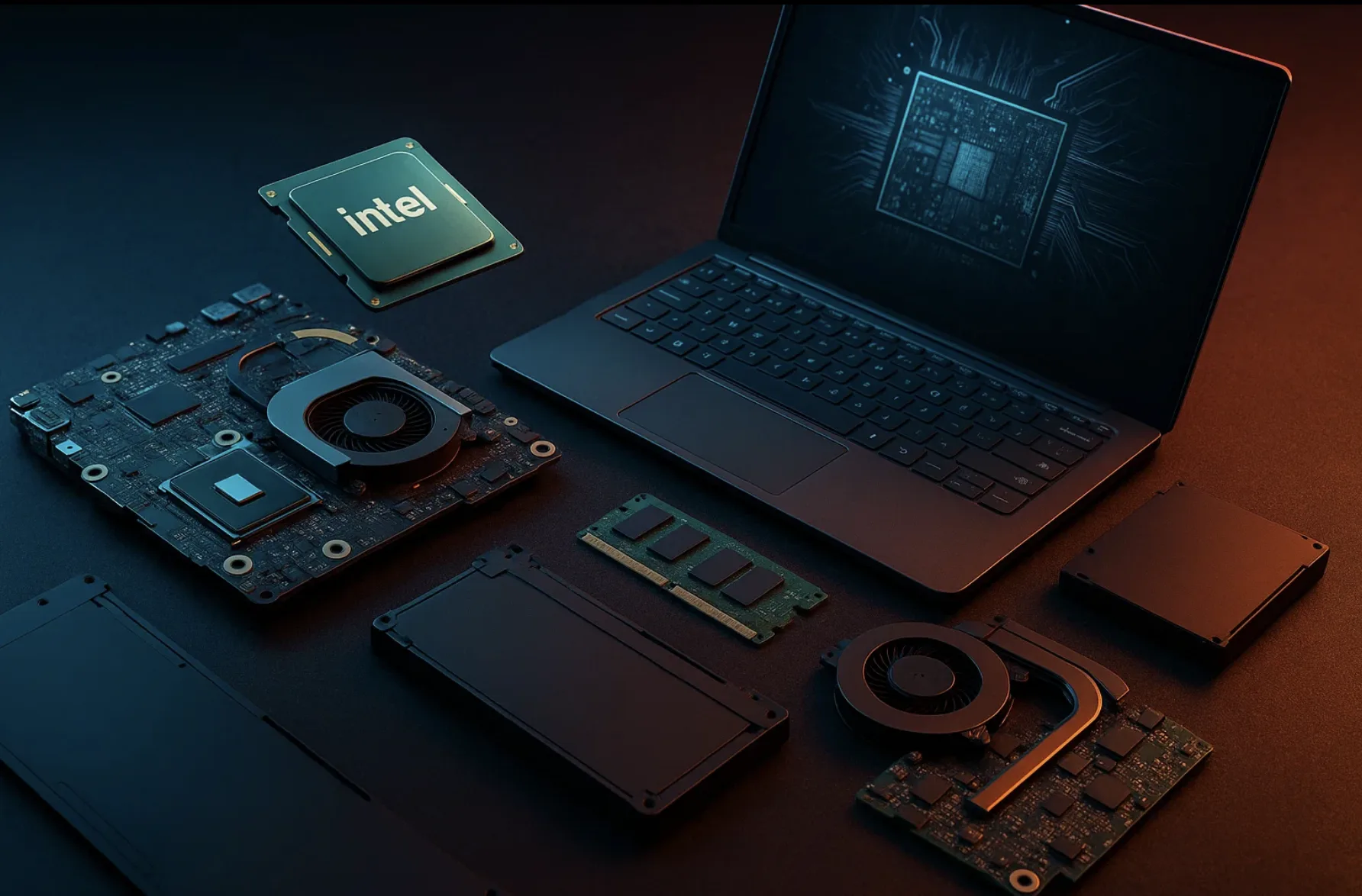

Inside Intel’s Push for Modular Laptops and Smarter Upgrades
Intel, a company known for its long history of computer innovation, is taking another big step to change how laptops are built. This time, they’re looking at modular laptops, a new idea that could change the way people buy, use, and upgrade their computers. Intel wants to create a system where laptops can be updated and customized over time so they don’t become outdated so quickly.
Traditional laptops have been made in a way that makes them hard to fix or upgrade.
This design makes them lighter and more stylish but also causes problems. People often have to buy a whole new laptop when something breaks or when they need more power. Even small changes, like adding more memory or replacing the battery, can be tough or impossible for most users.
This lack of flexibility creates two big issues: electronic waste and high costs.
Many laptops end up in landfills after just a few years because a single part is broken or old. As technology moves quickly, users are stuck in a cycle of buying new machines, which costs money and harms the environment.
Intel’s idea is to make laptops with parts that can be easily replaced, such as the processor, storage, memory, graphics, and display.
This would turn a laptop into a customizable machine that can be changed to fit user needs. This is similar to how desktop computers work, but making it work for laptops is a big challenge.
To solve this, Intel is working on standardizing the way parts connect so components from different makers can be used without problems.
This could encourage new inventions and provide people more control over their devices.
There are several benefits to this approach.
Laptops would last longer because you can replace just the broken or old parts. Upgrades would be cheaper than buying new machines. Users could tailor their laptops to their needs without spending a lot. And it would help the environment by reducing electronic waste, which is a growing problem.
There are challenges
Making laptops modular could make them bigger and heavier, which is not ideal. Getting makers to accept standard parts instead of their own might be difficult too. Also, making parts easy to replace while keeping the laptop small and fast is a tricky engineering problem.
Intel is working on solutions that balance modularity with the sleek and portable designs people want.
This effort is also part of a bigger plan to make tech more sustainable. As electronic waste becomes a bigger issue, companies and customers are looking for better ways to make computers last longer and be easier to repair.
If successful, modular laptops could change the PC industry a lot.
There could be a market for specialized parts, similar to the desktop market. Tech fans could customize their laptops a lot, while others could use simple upgrade kits to keep their machines up-to-date.
Intel’s idea also fits with other trends, like personalized computing, cloud services, and new connections like 5G and Wi-Fi 7.
As these technologies grow, laptops will need to adapt quickly, and modularity could help them do that smoothly.
Conclusion
Intel is trying to move away from the throwaway culture of electronics.
By giving people more control over their computers and making them more sustainable, they’re leading the way for a big change in how we use tech. While there are challenges to overcome, the potential benefits of a flexible and eco-friendly laptop design are clear. If this idea works, the future of portable computing could be one where our devices grow with us, not away from us.



